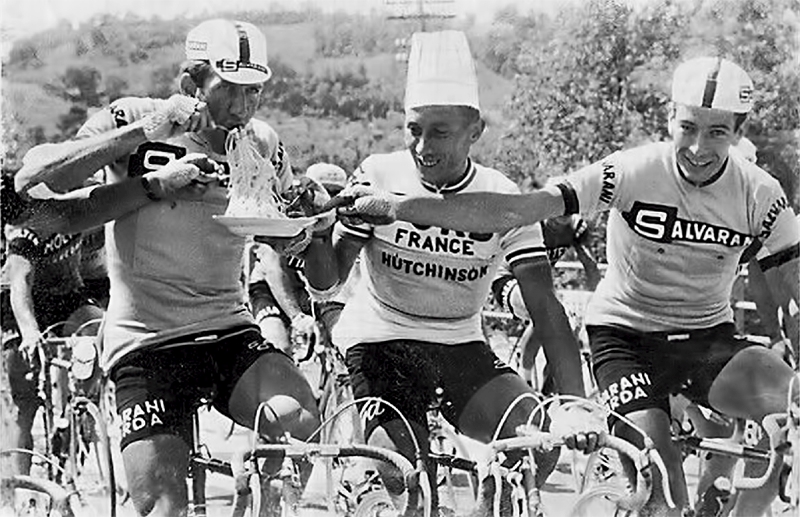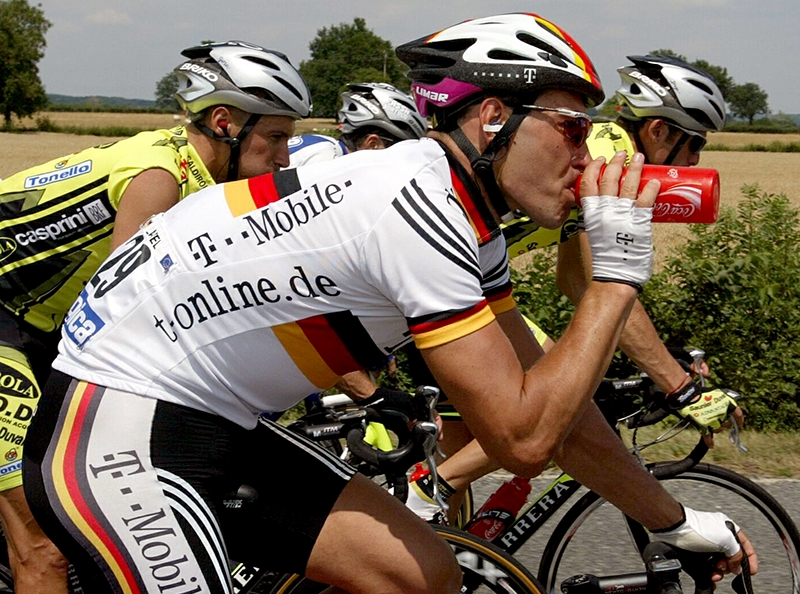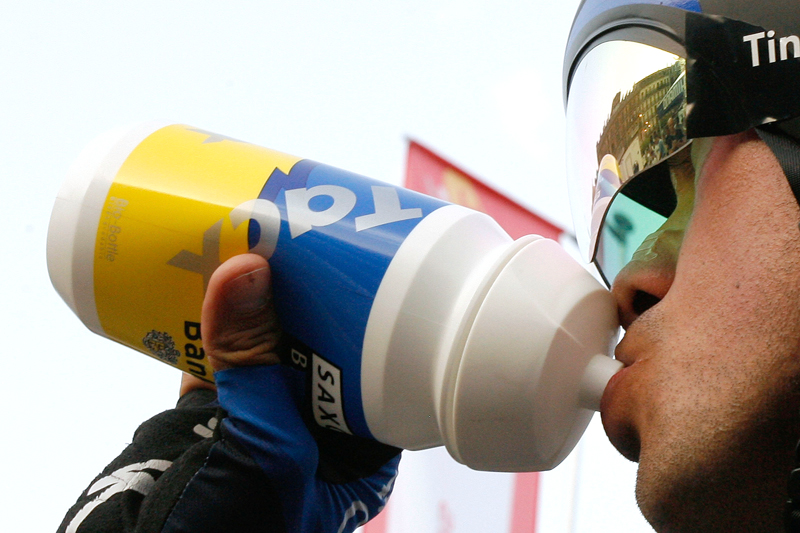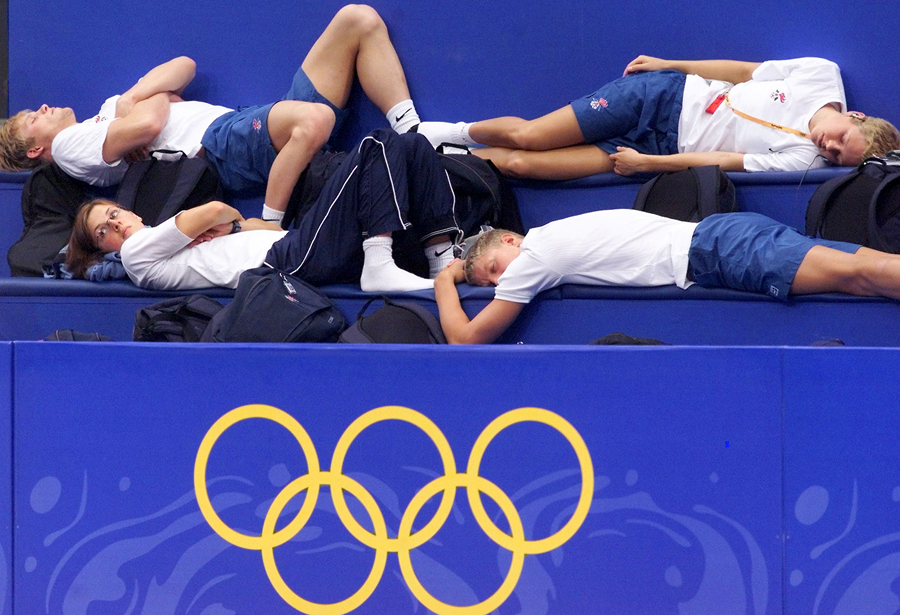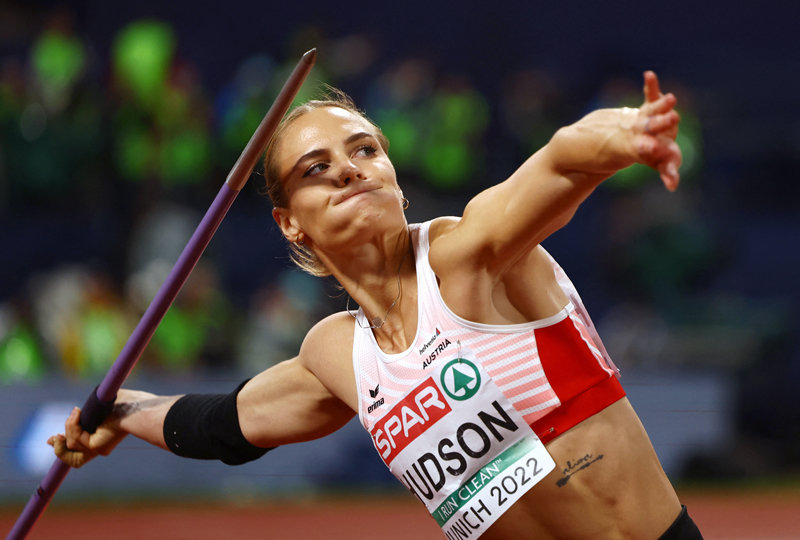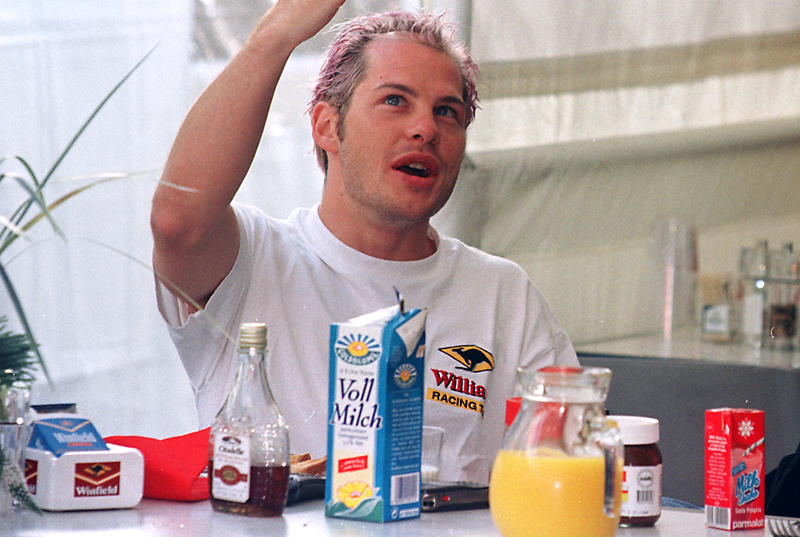You are viewing 1 of your 1 free articles. For unlimited access take a risk-free trial
Carbohydrate and training: don't go from hero to zero
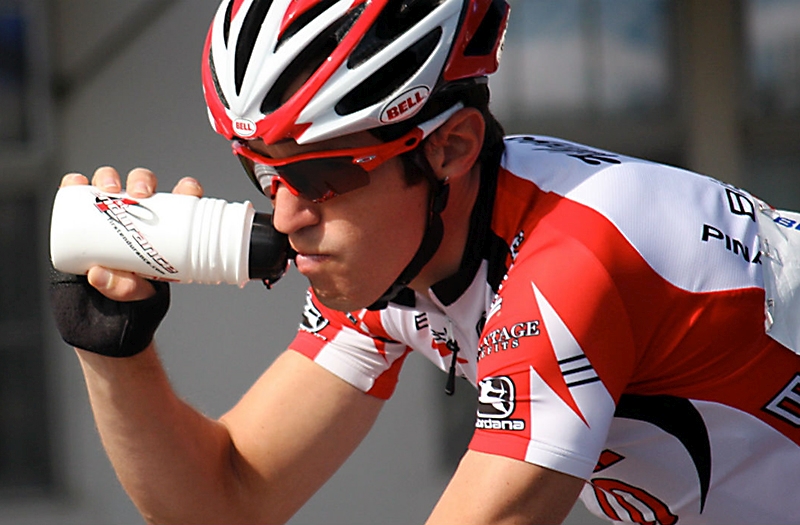
Andrew Hamilton explains the potential benefits and pitfalls of 'zero-carbohydrate' drinks, and provides some guidelines for their proper use
A friend of mine who is a novice triathlete recently asked my advice about his choice of drinks during training sessions. Lured by the promised of enhanced fat burning and (as a result) better performance in competition, he had ditched his normal carbohydrate drinks and replaced them instead with zero-carbohydrate drinks, which typically contain electrolyte minerals to replace those lost in sweat, but no carbohydrate. The problem was however that the quality of his training sessions had taken a nosedive and he felt permanently exhausted. Worse still, he had uncharacteristically been experiencing a succession of niggling colds and sore throats. A subsequent examination of his pattern of drink usage during suggested that these events weren’t unconnected.Why zero-carb drinks?
The theory of using zero-carb drinks is that by not consuming carbohydrate drinks during your longer training sessions, you coax the your muscles to adapt and derive a greater percentage of their energy from the breakdown of fat. This in turn means less stored carbohydrate in your muscle tissue is used for energy, which means that your reserves of muscle carbohydrate (glycogen) are depleted less rapidly – great for endurance!The good news is that it’s true that curtailing carbohydrate intake before and during exercise enhances the rate of fat oxidation and the proportion of energy that is derived from fat (thus sparing muscle glycogen reserves). The bad news is that these fat-burning adaptations don’t seem to translate directly into improved performance. For example, a British study on runners who restricted carbohydrate drink use during training for six weeks (training 4 times per week) found that while levels of fat burning enzymes in the muscles were boosted, this didn’t translate into enhanced running performance at the end of the study period(1). Other recent reviews into this issue by eminent scientists have also questioned the use of carbohydrate restriction during training(2).
Zero-carb drawbacks
Unfortunately, the bad news doesn’t stop there because the hazards of low-carbohydrate training are well documented. For starters, we know that training with reduced levels of muscle glycogen places significantly more metabolic stress on the body(3,4), which can increase the risk of fatigue, illness and overtraining syndrome. More importantly perhaps is that not consuming carbohydrate drinks during your longer training sessions can significantly blunt your training performance. If all you’re trying to achieve is to burn more fat, that’s not a problem. But if your goal is to improve your ability to sustain a fast pace, reduced carbohydrate intake during training could be counterproductive. And for very high-intensity efforts such as interval training, any shortfall in muscle glycogen will impair your ability to sustain your training effort. Remember too that even when you consume carbohydrate drinks, merely performing your long swims/rides/runs will still teach your muscles how to get dramatically better at burning fat, and this is what will really help your performance on race day!The next season’s training build up is fast approaching and many runners, cyclists and triathletes will be mindful that shedding a bit of excess body fat will help their performance. With that in mind, should you consider the use of zero/low-carbohydrate drinks during training? Here are some useful tips:
- Athletes who stand to gain most from this approach are those with excellent levels of endurance and aerobic fitness already in place (ie muscles that are already efficient at deriving a significant proportion of energy from fat reserves).
- It follows from the above that novice athletes have the least to gain; anyone who is a relative beginner should not perform very long training sessions without consuming plenty of fluid/carbohydrate.
- Even advanced endurance athletes should only use this strategy sparingly and certainly not for back-to-back sessions.
- If you wish to experiment with zero-carbohydrate drinks, do so cautiously and monitor your performance over the following weeks to make sure the drawbacks don’t outweigh any theoretical advantages.
- J Appl Physiol. May;106(5):1513-21, 2009
- Scand J Med Sci Sports. Oct;20 Suppl 2:48-58, 2010
- J Sports Sci. 2005 Jul;23(7):713-22
- Can J Appl Physiol. 2001;26 Suppl:S45-55
Newsletter Sign Up
Testimonials
Dr. Alexandra Fandetti-Robin, Back & Body Chiropractic
Elspeth Cowell MSCh DpodM SRCh HCPC reg
William Hunter, Nuffield Health
Newsletter Sign Up
Coaches Testimonials
Dr. Alexandra Fandetti-Robin, Back & Body Chiropractic
Elspeth Cowell MSCh DpodM SRCh HCPC reg
William Hunter, Nuffield Health
Keep up with latest sports science research and apply it to maximize performance
Today you have the chance to join a group of athletes, and sports coaches/trainers who all have something special in common...
They use the latest research to improve performance for themselves and their clients - both athletes and sports teams - with help from global specialists in the fields of sports science, sports medicine and sports psychology.
They do this by reading Sports Performance Bulletin, an easy-to-digest but serious-minded journal dedicated to high performance sports. SPB offers a wealth of information and insight into the latest research, in an easily-accessible and understood format, along with a wealth of practical recommendations.
*includes 3 coaching manuals
Get Inspired
All the latest techniques and approaches
Sports Performance Bulletin helps dedicated endurance athletes improve their performance. Sense-checking the latest sports science research, and sourcing evidence and case studies to support findings, Sports Performance Bulletin turns proven insights into easily digestible practical advice. Supporting athletes, coaches and professionals who wish to ensure their guidance and programmes are kept right up to date and based on credible science.

